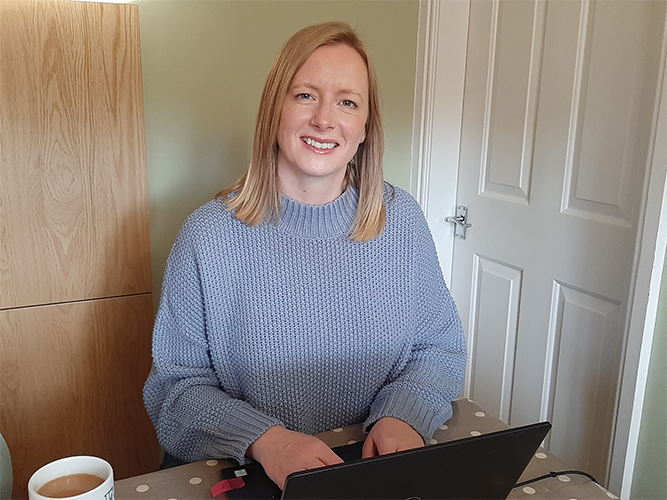
“I’ve got a particular interest in discrimination cases, and a lot of empathy for working parents. As a woman and a mother, cases that involve family leave and women’s rights are important to me.
Recently I defended a case on behalf of Capita at the Court of Appeal, with the support of my team. It was a high-profile sex discrimination claim brought by a male employee, and was significant for a number of reasons.
The employee argued he was being discriminated against, because women were entitled to enhanced maternity pay - 14 weeks full pay - followed by 25 weeks of statutory maternity pay.
But he, as a man, couldn’t benefit from enhanced pay for any additional time he wanted to take to care for his child, beyond his basic 2 weeks’ paternity leave. He wanted to take shared parental leave and was entitled to only receive statutory shared paternal pay.
He argued that the pay should be equal and, on behalf of our client, we argued against that. The Employment Appeal Tribunal agreed with us, but he appealed his claim with the support of his union. It ultimately ended in the Court of Appeal, which also found in our favour.
The decision was a good outcome not only for our client, but for employers in general. If we lost the case, employers would need to increase their shared parental leave pay at significant cost to them, or reduce enhanced maternity pay to a lower level to mitigate that cost.
This would not have been good for women and would likely have led to them returning to work more quickly than they were ready to. I personally empathised here - I returned from maternity leave with my second child much earlier than I wanted to and found this very difficult.
The case was very significant because it was the first case of its kind that involved the analysis of EU framework for pregnancy and maternity rights and the intents behind those rights.
We looked specifically at the purpose of maternity leave – how the law recognises that it helps women prepare and cope with later stages of pregnancy, recover after giving birth, bond with their child, breastfeed and care for their new-born. It’s something unique to birth mothers, including surrogates or those who sadly have a still born late in pregnancy.
I personally felt that if the law concluded that maternity leave was ‘just’ about childcare from two weeks after birth, this was wrong.
In a social context, the case showed the changing face of roles in families and how men are increasingly taking - and want to take - a role as primary carer of their children at an early stage. It’s not just a woman’s role to care for a child post-maternity. The caring role should be shared as a couple or by the partner, and this is the whole concept of shared parental leave.
It’s not often that you get a chance to go to the Court of Appeal, and not often you get to do so on a point of legal analysis which impacts not only your client but other employers too. Being able to do that is – for me – a standout moment in my career.”
Jenny is a Partner in our Leeds employment law team. She advises clients of all sizes on all aspects of this field, including strategic HR advice, and issues pertaining to restructuring programmes, disciplinary and grievance, and discrimination; with particular experience in the education sector.
Read Jenny's profile
Learn more about employment law claims
More litigation stories
